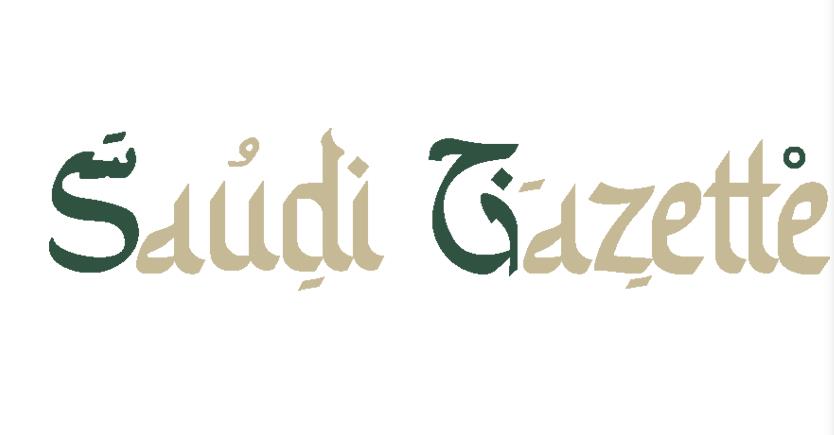
A Libyan poetess friend of mine who escaped the chaos of Benghazi to Erbil told me the other day, “When I left Benghazi in December 2011 to live with my husband in a then-booming Erbil, we thought that we would be living in a prospering new democracy. Little did we know how things would turn out in both countries.”
Indeed, a cursory investigation of the opinions of academics, scholars, policy wonks and government agencies concerning Iraq reveals interesting conclusions. While some believe the 2003 US-led invasion has delivered some positive results, many others express dismay and wariness, especially after all these years and considering the negative byproducts of that invasion in the whole region, from the rise of Daesh to the increasing influence of Iran.
Many today caution that, with Iraq’s upcoming elections on May 12, and given that previous elections did not produce the stability they were meant to achieve, things can get much worse. After all, it has taken years for Iraqi society of a war-torn, oil-rich nation-state to serve as a breeding ground and exporter for Daesh and other insurgency groups to the rest of the region and world, despite many elections and governments.
In 2003, the Bush administration was opportunistic (perhaps even ecstatic) at the prospect of raining sophisticated weapons and unleashing a rapid military assault against Saddam Hussein. In fact, the idea of “nation-building,” winning hearts and minds, and spreading the fruit of Western democracy sounded plausible and even palatable to many. But the warning signs were there even then. Rebuilding Iraq was going to be “...difficult, confusing and dangerous,” according to the Council on Foreign Relations. Joseph Wilson, formerly a U.S. ambassador and diplomat who also served in Iraq, declared that it would be “a very, very nasty affair…”
In 2005, Iraq had its first multiparty election in 50 years, which failed to rally the nation behind a single government. Sunni Iraqis, who comprise around 35 per cent of the population, boycotted these elections, which reflects the sectarianism that worsened with the US invasion and its aftermath — all of which is an early warning of what may come next.
Sadly, things got even worse; three years later, the Al-Askari Mosque was bombed, sparking a sectarian war. By then, any optimism to rebuild Iraq as a “beacon of democracy” in the Arab world was immediately replaced by pessimism, doubt, uncertainty, even fear. In 2007, a foreign policy terrorism survey of 65 foreign-policy experts found that only 3 per cent believed the U.S. would be able to rebuild Iraq over the next 10 years (2007–2017), and 58 per cent believed that sectarianism would dramatically increase in the Middle East. The events that transpired in the 10 years between 2007 and 2017 proved that these foreign-policy experts and many others were right.
If the 15-year history of the Iraqi war is anything to go by, the upcoming elections might follow the same trend as before.
Hafed Al-Ghwell
By 2010, a second round of parliamentary elections failed to deliver conclusive results, resulting in prolonged negotiations to form a new government. This event was exceedingly dangerous for a country desperately needing a strong, stable government focused on delivering solutions to post-war crises, rampant sectarianism, insurgency groups, splinter armed groups operating outside the national police/military and transitioning into a stable democracy.
However, these developments did not impede the withdrawal of US troops from Iraq, leaving behind a massive security, military and law enforcement void. Above all, there was no longer a stabilizing “last resort” force to ensure that the myriad problems creeping up would be kept at a minimum, relieving a young, fledgling government to focus on transitioning the nation into a stable, permanent democracy.
Moreover, in 2014, Iraq lost much of its territory to Daesh and Al-Qaeda-linked groups despite Nuri Al-Maliki’s Islamic Dawa Party winning the most seats in the general election. Parts of Fallujah and Ramadi in Anbar Province fell to Al-Qaeda-backed fighters. By the middle of the year, Daesh had seized Nineveh and its provincial capital, Mosul. These deeply unsettling developments were covered by the world’s press in shocking detail. Hundreds of thousands fled while those who stayed behind or failed to depart were subjected to the tyrannical rule of Daesh militias.
The Shia and Kurds who had wedded in a marriage of convenience to defend against Daesh fell apart when that threat was gone and old aspirations resurged. In September, Kurds participated in a referendum spearheaded by the Kurdish regional government in which nearly three-quarters of Kurds voted in favor of independence.
This development was not welcomed, as others were quick to warn the Kurdish leadership, according to The New York Times, that “…Turkey, Iran and the United States — the Kurds’ main ally — that the vote could lead to Iraq’s dissolution, undermine the anti-ISIS fight and widen divisions even among Kurdish factions.”
Now, with the upcoming elections and Iraq slowly settling into a period of relative calm, will the disappearing threat of Daesh and other insurgency groups help spur the long-awaited reforms and transition into a stable democracy? Or will old rivalries flare? What about the continued, even expanded, influence of regional/international actors such as Iran, Turkey, Russia and the U.S.?
If the 15-year history of the Iraqi war is anything to go by, the upcoming elections might follow the same trend as before, whereby Iraq’s Shia majority will determine the makeup of Parliament and choose its head of state, prime minister and other leadership positions. Will the largely powerless Sunni agree to the results? What about the Kurds, who have long dreamed of an independent state? The past does not spell out any realistic hope.
Hafed Al-Ghwell is a former advisor to the board of directors at the World Bank Group. Twitter: @HafedAlGhwell












